Crop Nutrition Enhancing Healthy Soils, Food Security, Environmental Sustainability and Advancing SDGs
Published in Sustainability, Agricultural & Food Science, and Mathematics
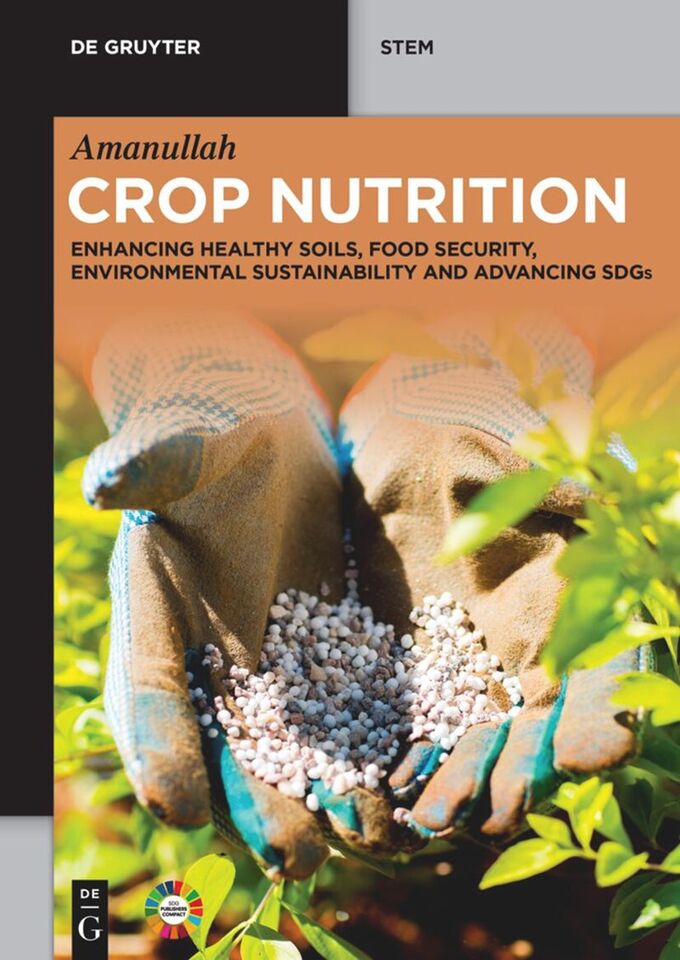
Crop Nutrition: A Foundation for Sustainable Agriculture and Global Food Security
In an era marked by climate volatility, dwindling natural resources, and rising food demands, the importance of healthy soils and proper crop nutrition has never been greater. Crop Nutrition offers a timely and comprehensive guide to how nutrient management can serve as a powerful lever for improving agricultural productivity, restoring soil health, and advancing the Sustainable Development Goals (SDGs).
This book presents a deep dive into the science and practice of crop nutrition, exploring how balanced and efficient use of essential nutrients—primary, secondary, and micronutrients—can transform farming systems. Each chapter unpacks the roles of these nutrients in plant physiology, their interactions with soil health, and their broader environmental implications.
What sets Crop Nutrition apart is its clear focus on sustainable practices. The book showcases cutting-edge strategies such as integrated nutrient management (INM), which combines chemical fertilizers with organic amendments, biofertilizers, and emerging technologies like nano-fertilizers. These practices aim to reduce dependency on synthetic inputs while maintaining soil fertility and crop yields.
The real-world impact of these strategies is brought to life through regional case studies and success stories, particularly from the Global South. These narratives highlight how farmers and researchers in developing nations are pioneering innovative, low-cost, and climate-resilient approaches to nutrient management. Such efforts not only contribute to food security and environmental sustainability but also demonstrate the critical role of local knowledge and context-specific solutions.
More than just a technical manual, Crop Nutrition is a strategic resource for students, agronomists, policymakers, and practitioners. It equips readers with the tools and knowledge needed to implement nutrient management practices that are economically viable, ecologically sound, and socially inclusive.
By aligning crop nutrition with broader development goals, this book underscores the pivotal role of agriculture in shaping a resilient and food-secure future. It is a must-read for anyone committed to building sustainable food systems and nurturing the planet’s most valuable resource—its soil.
Table of contents
|
Publicly Available Download PDF |
I |
|
Publicly Available Download PDF |
V |
|
Publicly Available Download PDF |
VII |
|
Publicly Available Download PDF |
IX |
|
Publicly Available Download PDF |
XXXIX |
|
Publicly Available Download PDF |
XLIII |
|
Requires Authentication |
1 |
|
Requires Authentication |
39 |
|
Requires Authentication |
108 |
|
Requires Authentication |
137 |
|
Requires Authentication |
164 |
|
Requires Authentication |
195 |
|
Requires Authentication |
233 |
|
Requires Authentication |
275 |
|
Requires Authentication |
302 |
|
Requires Authentication |
389 |
|
Requires Authentication |
444 |
|
Requires Authentication |
479 |
|
Requires Authentication |
506 |
|
Requires Authentication |
541 |
|
Requires Authentication |
617 |
|
Requires Authentication |
637 |
|
Requires Authentication |
66 |
Follow the Topic
What are SDG Topics?
An introduction to Sustainable Development Goals (SDGs) Topics and their role in highlighting sustainable development research.
Continue reading announcement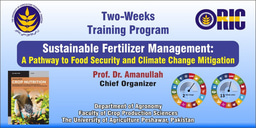
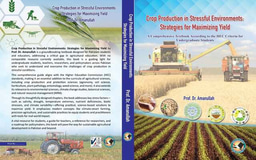
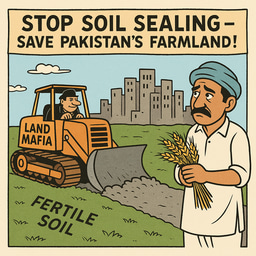
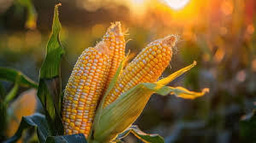
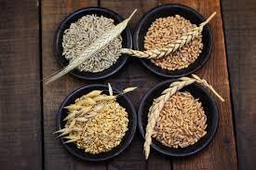
Please sign in or register for FREE
If you are a registered user on Research Communities by Springer Nature, please sign in
Amanullah,. Crop Nutrition: Enhancing Healthy Soils, Food Security, Environmental Sustainability and Advancing SDGs, Berlin, Boston: De Gruyter, 2025. https://doi.org/10.1515/9783111617671